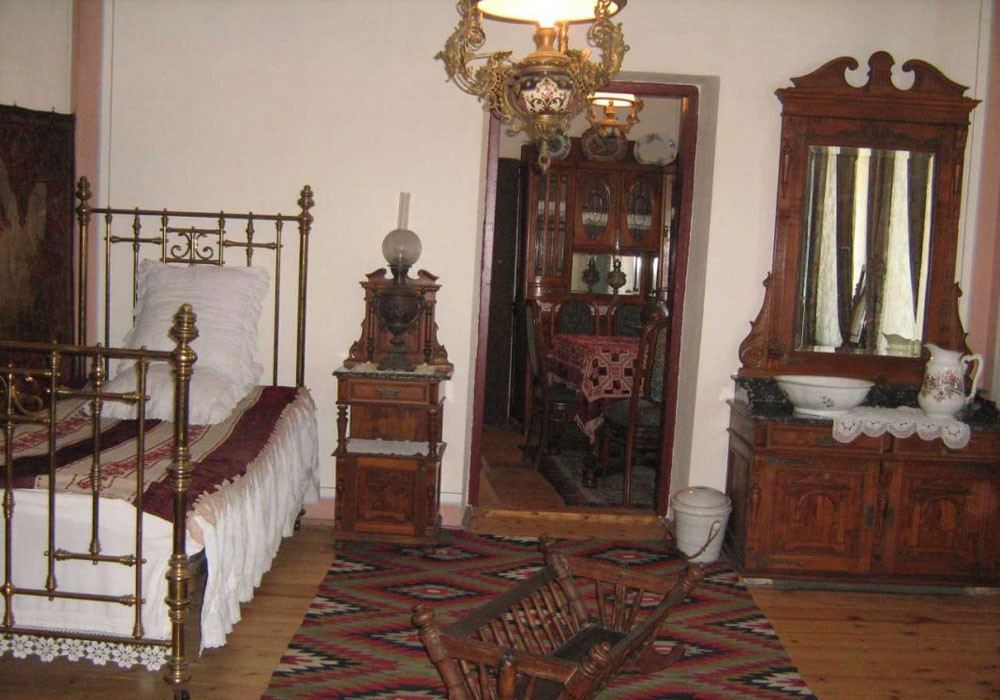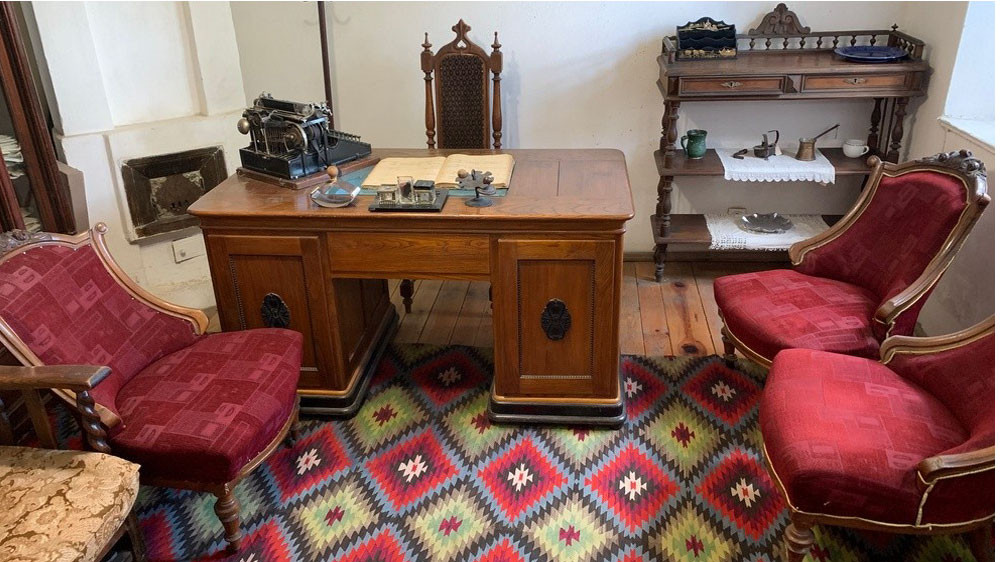The anniversary is marked with an exhibition in Aleko Konstantinov’s place of birth – the town of Svishtov located on the right bank of Danube River. Aleko Konstantinov, nicknamed “The Lucky Man” (Shtastlivetsa), is among the most prominent and beloved Bulgarian writers and public figures. He initiated the tourist movement in Bulgaria. His native house is among the most impressive buildings in Svishtov.

In 1896, Aleko Konstantinov refused to sell his house to a merchant who offered 15,000 golden levs. A flask, which keeps the writer’s heart, is one of the most valuable exhibits of the Museum-House of Aleko Konstantinov. Aleko’s heart is kept in a special liquid. It turned white over the years. A hole is clearly visible in Aleko’s heart. In fact, his heart was pierced by a rib which was broken by a bullet during his assassination. The suit he was wearing on the fatal day is also among the central exhibits in the museum.

The new museum exhibition includes photos of Aleko Kosntantinov and his family that were never shown before, photos and construction plans of the museum building from the 20th century, etc.
Compiled by: Veneta Nikolova
English version: Kostadin Atanasov
Photos: library and BGNES
The book "Icons from the National Church Historical and Archaeological Museum" - a huge work of over 500 pages, with more than 700 published photographs and accompanying scientific articles, was officially presented a few days ago. The unique..
A humble military chaplain made his first contact with Bulgaria in 1921, arriving with the mission of searching for Italian soldiers who had disappeared without a trace during World War I. However, he did not remain indifferent to the fate of this small..
Beloslav is a small town on one of the branches of Varna Lake. Yet it is here, in this quiet little town, that the only preserved Bulgarian submarine – Slava – is anchored . It was decommissioned a long time ago, and has now been turned in one of..
In 2025, the Catholic and Orthodox churches celebrate Easter on April 20. It is more joyful when we celebrate the Resurrection of Christ together...
On Good Friday, the saddest day for Christians, the liturgy commemorates the suffering, crucifixion and death of Jesus Christ, who sacrificed..
On that day the Saviour hosted the traditional Passover meal for the Jewish people at the home of a Jerusalemite. Before the meal, as a sign of respect, He..

+359 2 9336 661
